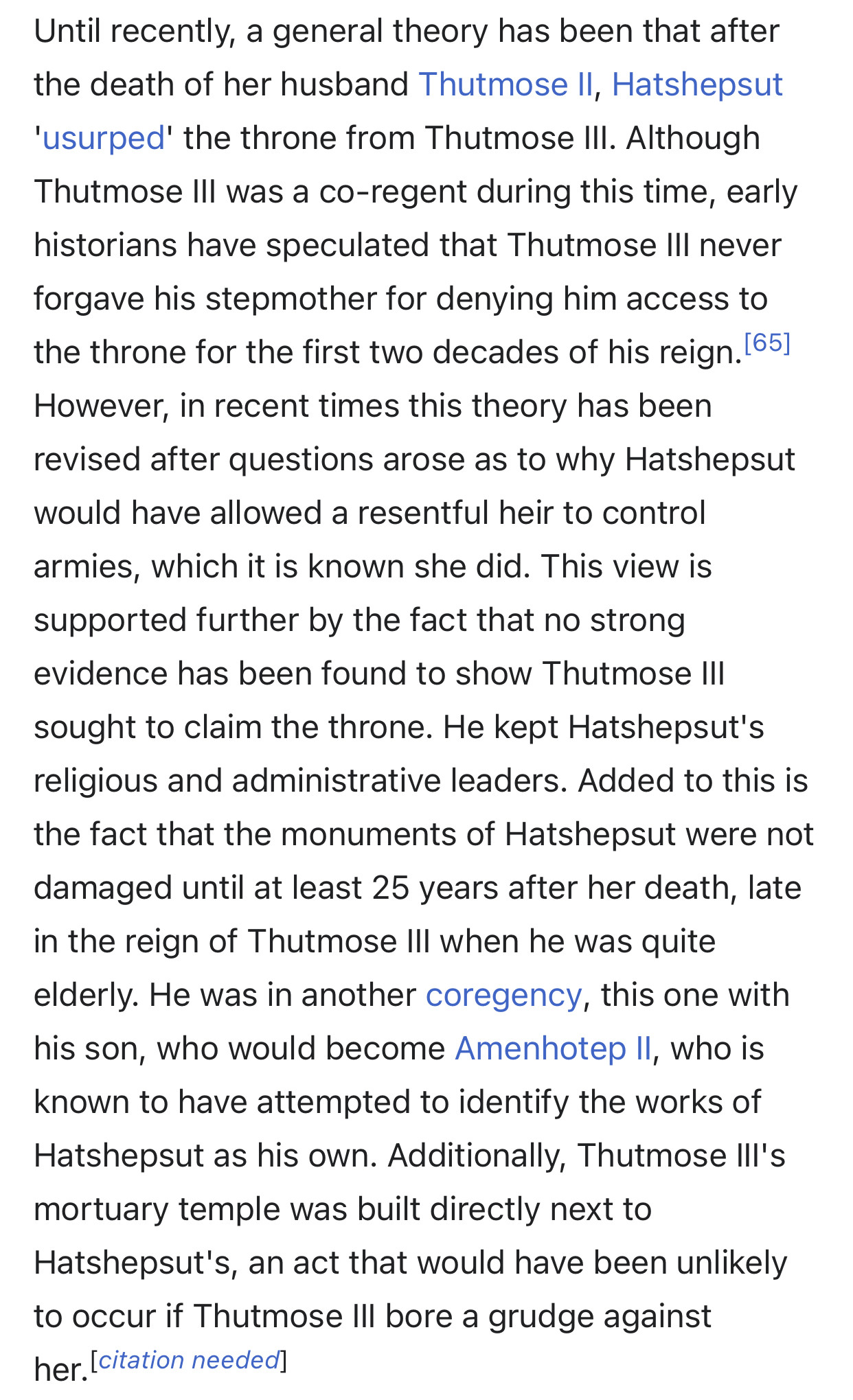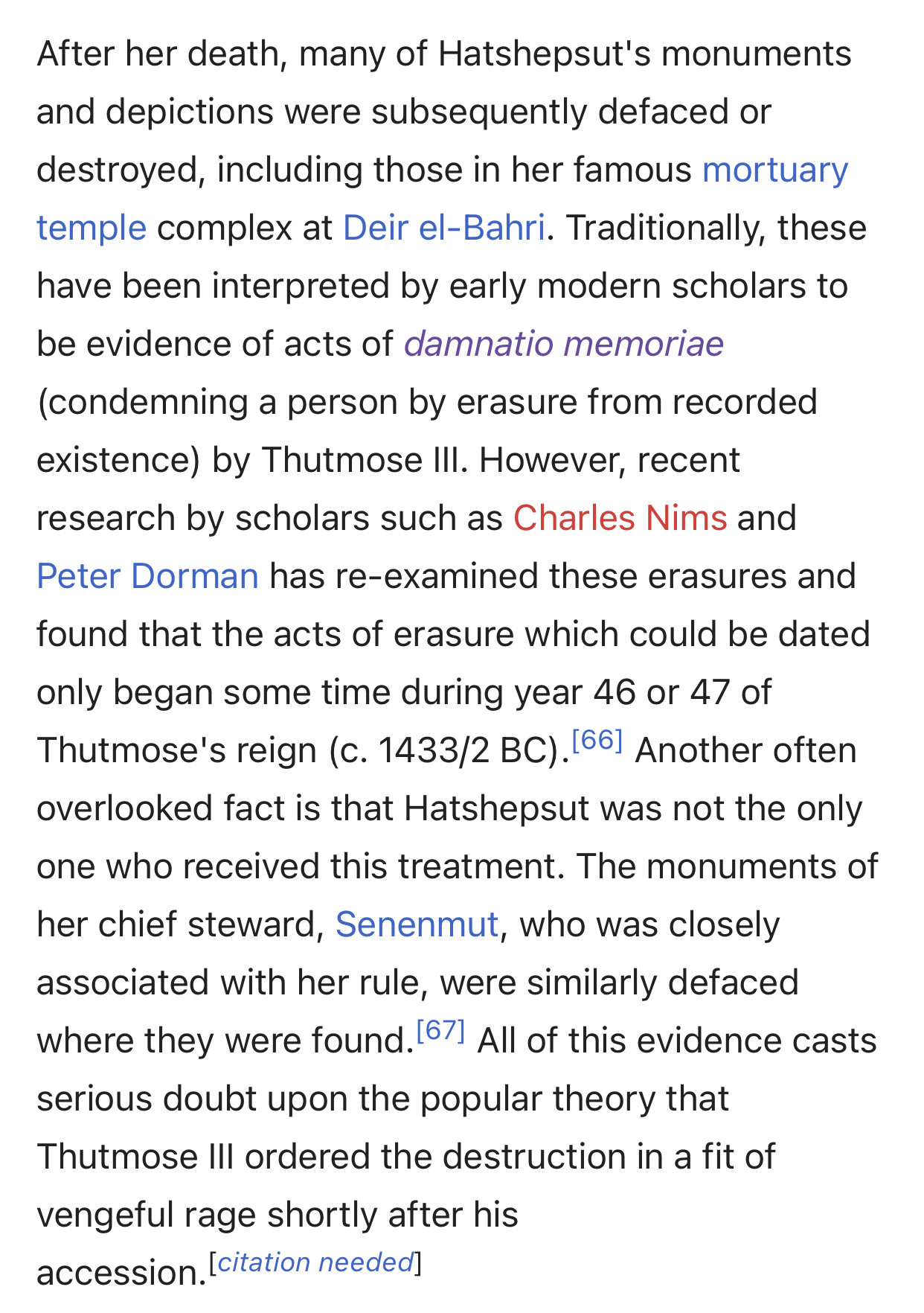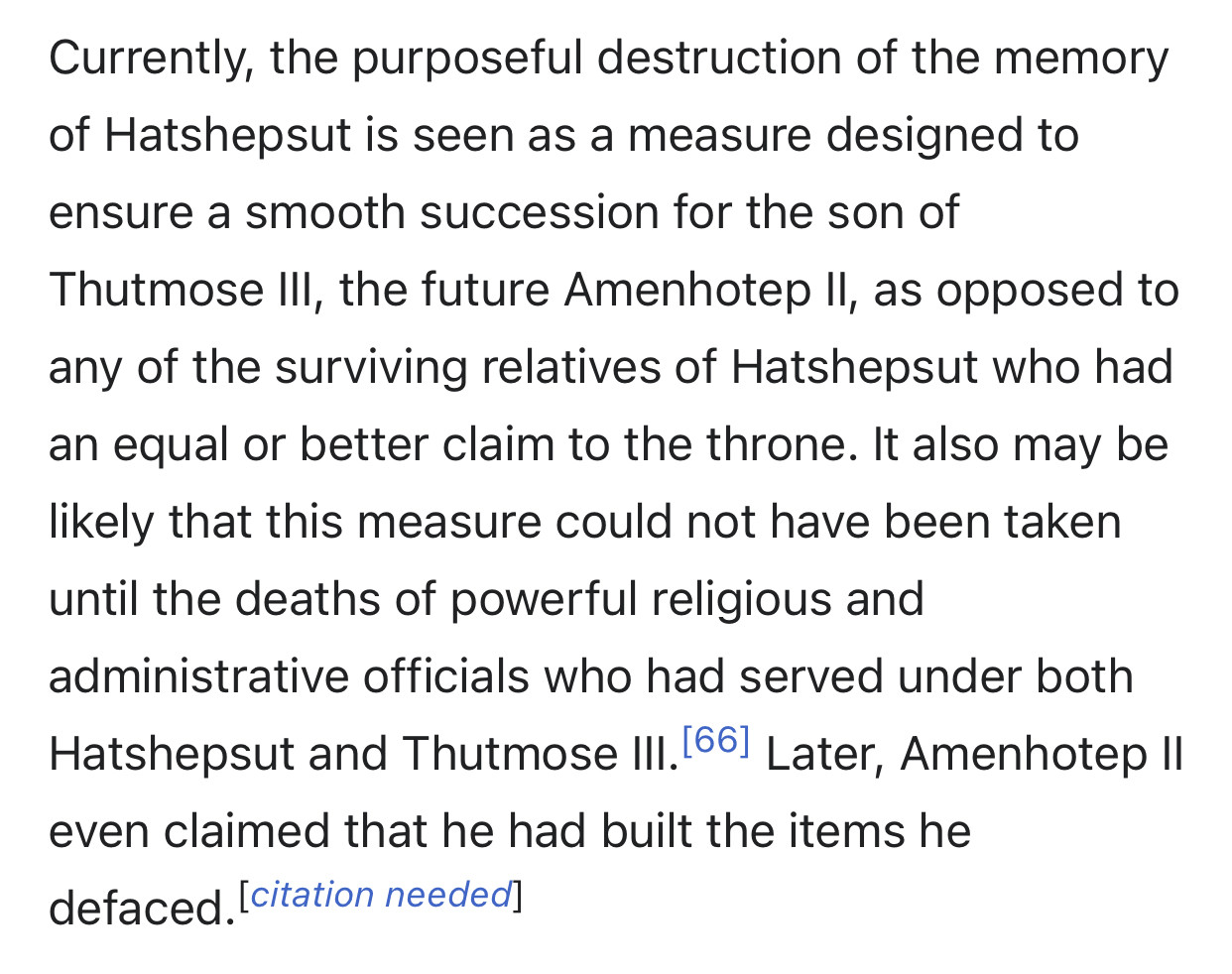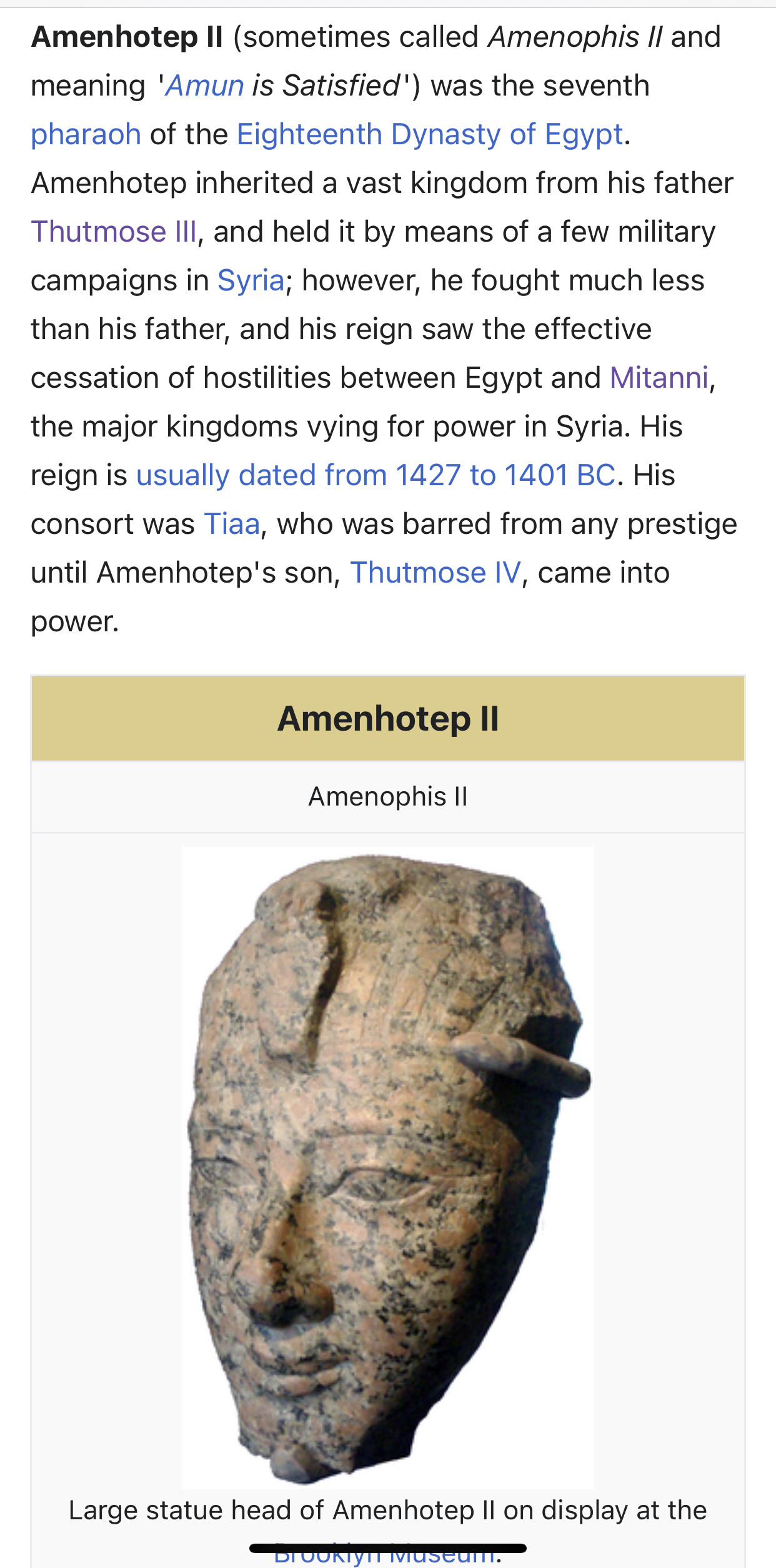Sargon of Akkad (/ˈsɑːrɡɒn/; Akkadian: 𒊬𒊒𒄀 Šar-ru-gi),[3] also known as Sargon the Great,[4] was the first ruler of the Akkadian Empire, known for his conquests of the Sumerian city-states in the 24th to 23rd centuries BC.[2] He is sometimes identified as the first person in recorded history to rule over an empire.
Understanding of the Akkadian Empire continues to be hampered by the fact that its capital Akkad has not yet been located, despite numerous attempts.[17][18] Precise dating of archaeological sites is hindered by the fact that there are no clear distinctions between artifact assemblages thought to stem from the preceding Early Dynastic period, and those thought to be Akkadian. Likewise, material that is thought to be Akkadian continues to be in use into the Ur III period.
The Bible refers to Akkad in Genesis 10:10–12, which states:
"The beginning of his [Nimrod's] kingdom was Babel, and Erech, and Accad, and Calneh, in the land of Shinar. Out of that land he went forth into Assyria, and builded Nineveh, and Rehoboth-Ir, and Calah, and Resen between Nineveh and Calah (the same is the great city)."
The Tower of Babel (Hebrew: מִגְדַּל בָּבֶל, Migdal Bavel) narrative in Genesis 11:1–9 is an origin myth meant to explain why the world's peoples speak different languages.
Damnatio memoriae is a modern Latin phrase meaning "condemnation of memory", indicating that a person is to be excluded from official accounts. There are and have been many routes to damnatio memoriae, including the destruction of depictions, the removal of names from inscriptions and documents, and even large-scale rewritings of history. The term can be applied to other instances of official scrubbing; the practice is seen as long ago as the aftermath of the reign of the Egyptian Pharaohs Akhenaten in the 13th century BC, and Hatshepsut in the 14th century BC.






